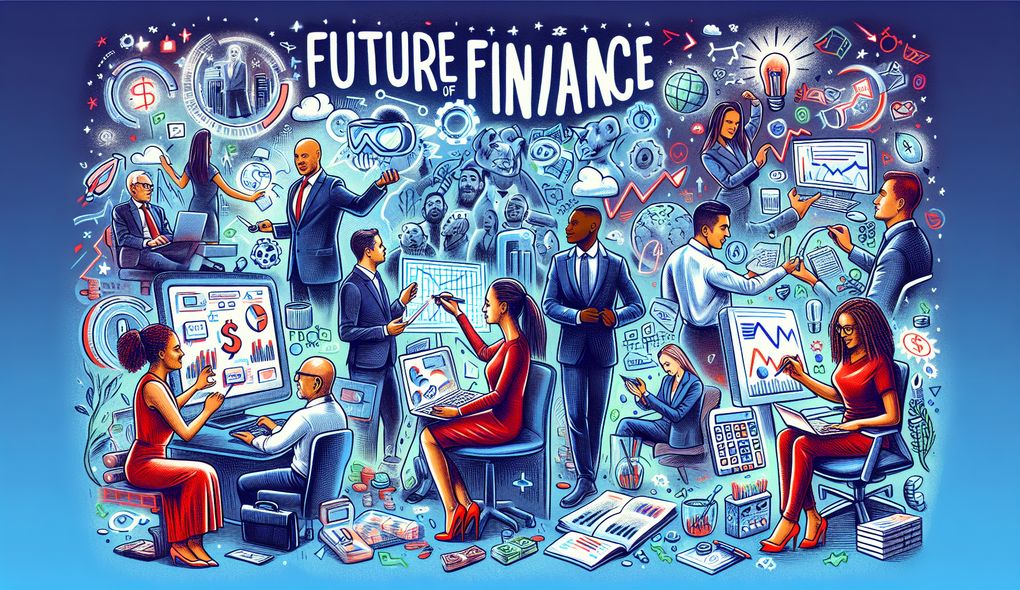How to Find the Best Deals on a Car:
Quick tips that will be of assistance to you at the dealership:
Understanding low-interest financing and rebates:
MSRP of the Car:Manufacturer’s Suggested Retail Price (MSRP): This price is always subject to negotiation; never agree to pay MSRP.Some vehicles may be sold by dealers at MSRP or higher because they are “hard to find” or “limited in production.”Market Adjustment is usually used to describe this.
Manufacturers’ Discounts:This is your money and has nothing to do with the dealership’s discounts.You receive this money directly from the manufacturer.Never let the dealer use the rebate as a bargaining chip.The dealer’s discount or negotiation should be distinct from any rebates offered.
Low financing costs:These are referred to as sub-vented rates and are also provided by the manufacturer rather than the dealership.Do not allow the dealer to use a “low” finance rate in a negotiation.Discounts, rebates, and other offers are in addition to these rates.
Exceptions:There are a number of exceptions to the Sub-vented finance rate, but here are two that you absolutely need to be aware of:
1.Not everyone is eligible for these rates.Therefore, there is nothing wrong with telling the dealer that the low finance rate is something you are interested in and that you would like to apply first, prior to going through the lengthy and timely steps of deal negotiation, if you suspect that you might have some issue that will cause you not to qualify.Numerous showrooms will see this as surprising;notwithstanding, any “great” vendor will be glad to allow you to present an application first on the off chance that you demand.Why is this crucial?As we generally say, information and readiness are the keys to not overpaying at a showroom.What would occur if the dealer worked out, negotiated, and concluded your entire transaction?After that, you head to the finance department to finalize the terms and payments of the financing. You were expecting to pay zero percent interest, but at the last minute, you are told:Sorry” because you are not eligible… NOT GOOD, THE ENTIRE DEAL CHANGES.
2.Combining “low” finance rates with rebates is not always possible.It is permissible in some factories at times, but there is no rule;You must first complete your homework.For instance, the majority of Chrysler vehicles come with manufacturer rebates, and the majority of Chrysler vehicles also come with low financing rates.However, you, the customer, must select one offer or the other; you cannot have both.However, there are times when Chrysler will offer special deals that let you “combine” rebate and financing offers at once.But be careful because dealers might not tell you that these deals are available. If you don’t know and accept higher finance rates, you’re stuck.
Most Frequently Asked Question:Low financing or a rebate, which is better?
This is a fascinating question that many customers ask, and while the response is straightforward, many people are unaware of it.
Keep in mind this rule:You ought to give a valiant effort for you, never ask with an individual, vendor, or any other individual that has some other intention than what’s best for you.
That indicates the following:If you ask a dealership which option makes more sense, the dealer will most likely respond, “Not the low interest rate, but the rebate.”
This response is based on the premise that if you accept the rebate, you will actually pay “less” for the vehicle than if you chose the low interest rate.Since the vehicle’s cost is the most important factor, you should always take advantage of the rebate.Is this accurate or false?
Rule:Don’t worry about how much money the dealer is making or losing because it has nothing to do with what’s best for you.
If you choose the rebate over the low finance rate, does the dealership stand to gain more?The dealership stands to gain more, so the answer to that question is yes.If you choose conventional finance rates, they get a little more money from the lender in the form of “reserve money.”However, the truth is;that this point has no bearing at all.What does the dealership make matter?What’s the point of that anyway?Is there a law that states that a dealership cannot earn a profit?The main individual who is accomplishing something wrong in this situation is you.You are requesting information from the wrong party.The answers will likely be carefully weighed in favor of the dealer if the complete and honest answer could result in a loss for them.
Remember:Don’t waste time worrying about what the dealership makes when your priority is getting the best deal possible.Consider all of the information to prepare yourself.Don’t make the same mistakes as the people we constantly pity who always overpay.
Fact:Typically, those who believe that dealerships are losing money on them pay the most!
Note:Please be aware that neither this nor any other post we write aims to disparage dealerships for making a profit.Why shouldn’t a dealer be able to make money?We have no right to demand that they lose money.Would you ever tell a restaurant that you want them to sell you dinner and then lose money?It’s a stretch, but it’s just as absurd.
This post is meant to help honest people get the best deal for themselves.Our motivation is preventing individuals from being “ripped off” by a dishonest dealership.We are aware that the majority of dealers are open and honest, so we do not assert that all dealers are dishonest or “rip-off artists.”However, the purpose of these posts is to assist “fair” customers in obtaining “fair” and honest deals, and everyone is in business to make a profit.Why do we keep talking about “fair”?We are unconcerned about “unfair” customers who want honest dealers to shut down and lose money, just as we are unconcerned about a dealership that cheats.
“When both parties are satisfied, a good deal is made,” as we’ve said numerous times;Price may not always be the most significant factor.
The only correct response to the rebate versus low rate debate is as follows:
There are always certain facts associated with any issue that forces you to make a decision; these facts are referred to as the “pros and cons.”We weigh the benefits and drawbacks of each option before making a decision.Naturally, then, we hope that decision was correct.
Keep in mind this rule:You will discover the correct response at the point where the two lines will always intersect.
This entails:Every deal has variables that cause change.For instance:If I accept the rebate, it might be a better deal for me than if you accept the low financing rates.We should make sense of:
You might be able to finance $30,000 over a 60-month period.For a 60-month financing term, The Factory is providing a manufacturer’s rebate of $3000, or 0.00%.Which one do you pick?
I might finance $12,000; the manufacturer is offering a $3000 rebate, or 0% interest, for the term of the financing.Which do I select?
Clearly, the responses vary;Clearly, your lines of “break even” will cross much sooner than mine.The cause:The outcomes of the two deals will differ depending on various factors.
Based on your factors, determine the correct response in the following manner:
For the purposes of this illustration, we will assume that you are contemplating a $30,000 vehicle with a $3,000 rebate or 0% interest rate, and that you are making a $3,000 down payment and that you are eligible for all offers.








